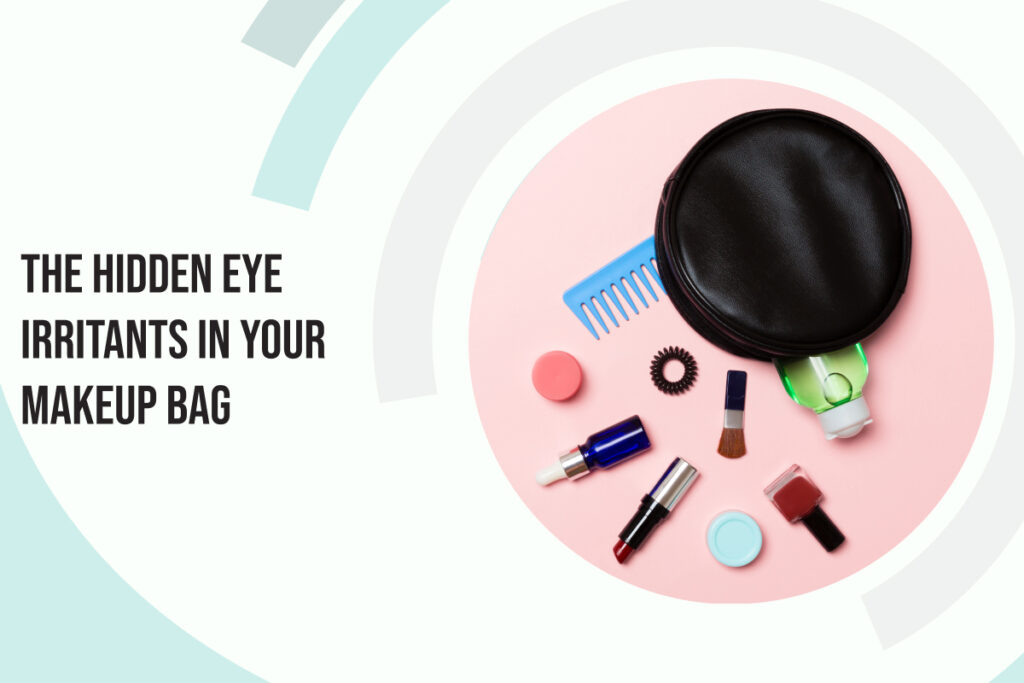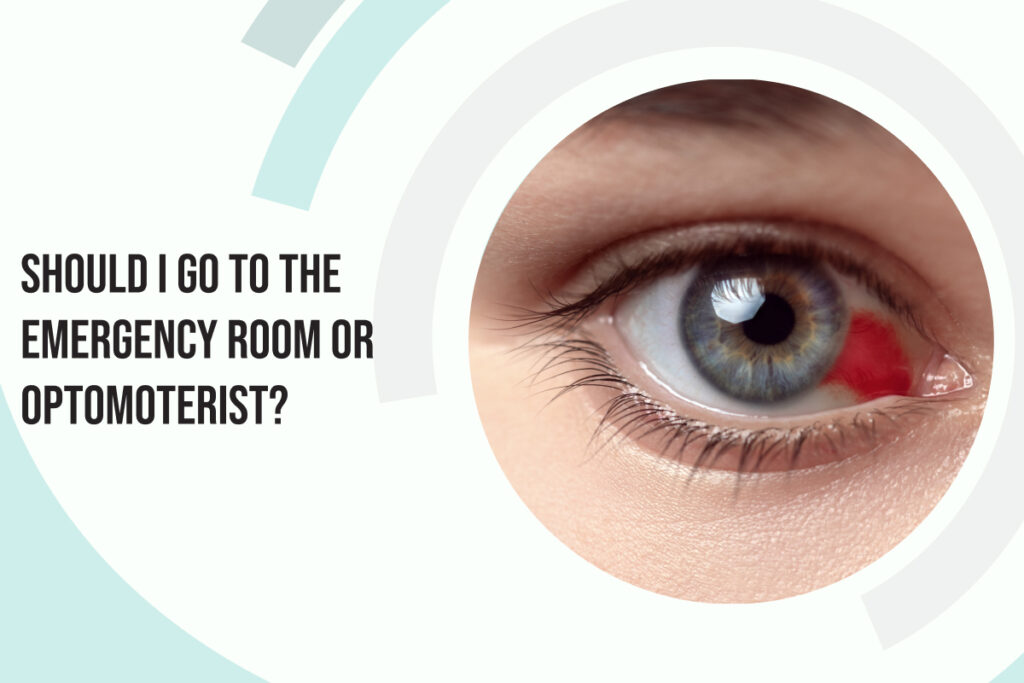In today’s fast-paced work culture, professionals often spend hours staring at screens, attending meetings, and juggling multiple tasks—all of which can take a toll on eye health. With extended screen time becoming the norm, many working adults experience eye strain, headaches, and vision fatigue. However, keeping your eyes healthy is just as important as maintaining productivity. Regular comprehensive eye exams and small adjustments to daily habits can go a long way in preserving vision and preventing long-term issues.
Common Eye Strain Issues for Professionals
Many professionals experience symptoms of digital eye strain (DES) or computer vision syndrome (CVS) due to prolonged screen use. Some of the most common issues include:
- Dry eyes from reduced blinking while staring at screens.
- Eye fatigue caused by focusing on close-up digital content for extended periods.
- Blurred vision that worsens after long hours of work.
- Headaches and migraines due to prolonged exposure to blue light.
- Neck and shoulder pain from poor posture while working.
Addressing these issues early on with preventive measures and professional care can help maintain long-term eye health.
Practical Eye Care Tips for Working Adults
Busy professionals may not always have time for elaborate eye care routines, but incorporating small changes into daily habits can make a significant difference. Here are some practical tips to protect your vision:
1. Follow the 20-20-20 Rule
One of the simplest yet most effective ways to reduce digital eye strain is the 20-20-20 rule:
- Every 20 minutes, look at something 20 feet away for 20 seconds.
- This helps relax the eye muscles and reduce fatigue.
2. Adjust Screen Settings
Make sure your screen settings are optimized for comfort:
- Reduce brightness and contrast to comfortable levels.
- Adjust font size to prevent unnecessary squinting.
- Use blue light filters or enable night mode to reduce eye strain.
3. Maintain Proper Workspace Ergonomics
Good posture and screen positioning can help prevent unnecessary strain:
- Position your monitor at arm’s length (about 25 inches away).
- Adjust your screen so the top is at or slightly below eye level.
- Use an anti-glare screen protector if necessary.
4. Stay Hydrated and Use Eye Drops
Dehydration can contribute to dry eyes. Drinking enough water and using lubricating eye drops can help keep your eyes refreshed.
5. Blink More Often
People naturally blink less when looking at screens. Try to make a conscious effort to blink more frequently to keep your eyes moist and reduce irritation.
6. Take Breaks from Contact Lenses
If you wear contact lenses, consider alternating between glasses and lenses to reduce dryness and discomfort during long workdays.
7. Eat for Eye Health
A balanced diet can support overall vision health. Nutrient-rich foods that benefit eye health include:
- Omega-3 fatty acids (found in salmon, walnuts, and flaxseeds)
- Vitamin A (found in carrots, sweet potatoes, and leafy greens)
- Lutein and zeaxanthin (found in eggs, corn, and bell peppers)
The Role of Regular Eye Exams
While preventive measures help maintain eye comfort, regular eye exams are crucial for early detection of potential issues. Many professionals delay eye check-ups due to their busy schedules, but visiting an optometrist at least once a year ensures:
- Early detection of vision problems, including nearsightedness, farsightedness, or astigmatism.
- Screening for serious eye conditions, such as glaucoma, macular degeneration, or diabetic retinopathy.
- Updated prescriptions to prevent headaches and vision discomfort from outdated lenses.
- Recommendations for specialized eyewear, such as blue-light-blocking glasses for extended screen time.
Finding Time for Eye Care in a Hectic Schedule
Many working adults struggle to fit eye care into their busy routines. Here are some ways to make it easier:
- Schedule eye exams in advance and treat them like an important work meeting.
- Opt for early morning or late evening appointments to fit around work hours.
- Consider mobile or telehealth consultations for initial screenings.
- Invest in high-quality eyewear to avoid discomfort and long-term damage.
Prioritize Your Vision for Long-Term Success
Your eyes are one of your most valuable assets, especially in a work environment dominated by screens. At Lethbridge Vision Care, we provide expert eye care services tailored to professionals who rely on clear, comfortable vision daily. Taking simple steps—such as adjusting your workspace, maintaining good hydration, and keeping up with eye exams—can help prevent strain and protect your vision for years to come. Whether you need a routine check-up or specialized care, our team at Lethbridge Vision Care is here to support your eye health. If you haven’t had an eye exam in the past year, now is the perfect time to schedule one and take proactive steps toward healthier eyes. Contact Lethbridge Vision Care today to book an appointment and take the first step toward healthier eyes. Invest in your vision—it’s essential for both productivity and long-term well-being.







